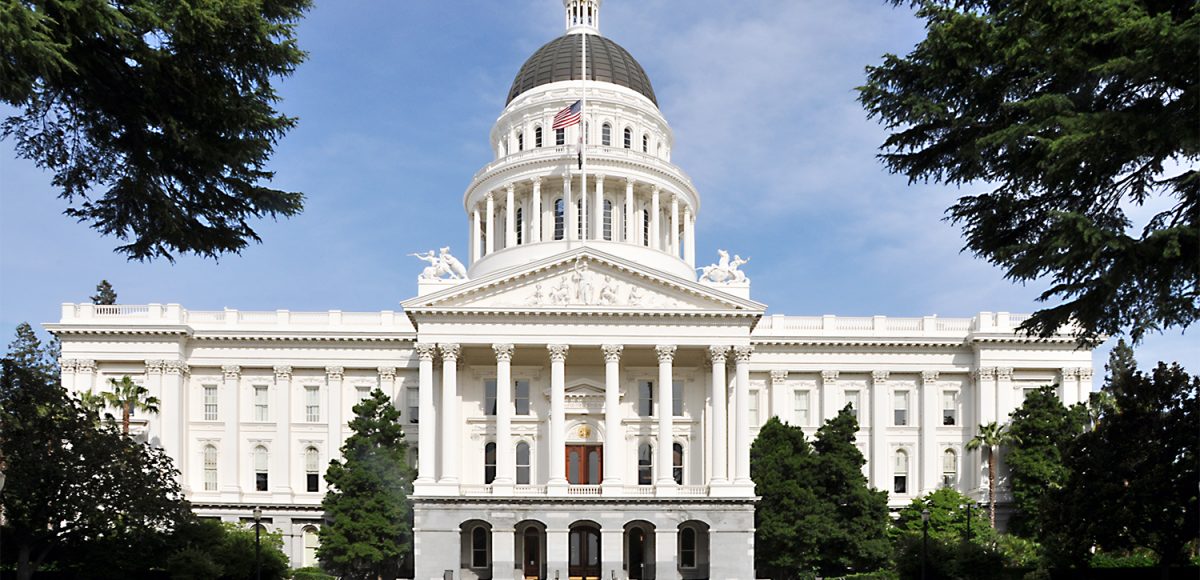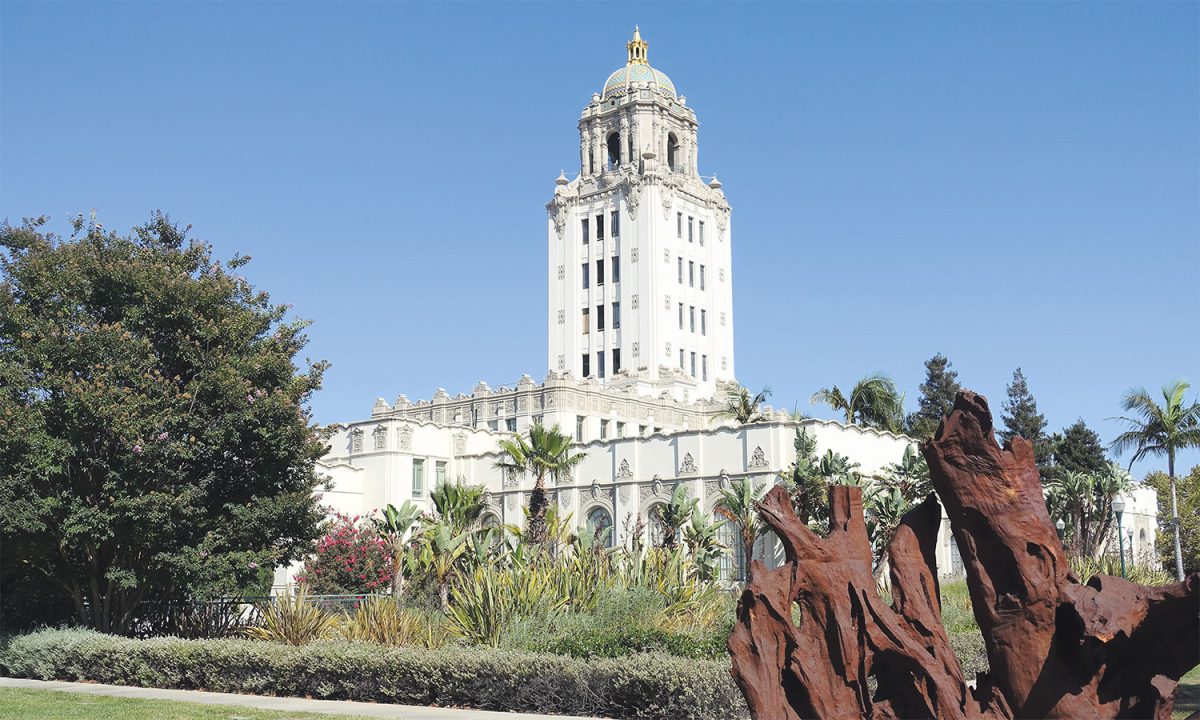At midnight on Jan. 1, Champagne corks will pop, friends will embrace and hundreds of new California laws will take effect. Many will provide minor tweaks to existing legislation. However, a dozen or so address big ticket topics like housing development, reproductive rights and gun control as well as smaller, yet still relevant concerns, like jaywalking and the sale of furs.
Here’s a selection of relevant legislation for 2023.
Workplace and wage changes
California has several new laws aimed at improving employees’ wages and working conditions. One of the most consequential is SB 1162, which requires companies with 15 or more employees to include a salary range in online job postings.
In addition, the California minimum wage will rise by 50 cents, from $15 an hour to $15.50. While many nearby cities like West Hollywood have higher hourly minimum wages, Beverly Hills follows the state.
Lastly, employers will be required to continue providing employees with workplace COVID-19 exposure notifications until 2024.
Reproductive rights
After the U.S. Supreme Court overturned Roe v. Wade, state legislators scrambled to codify protections for California women into law.
AB 2626 now gives qualified nurse practitioners and certified nurse midwives the ability to perform first-trimester abortions without the supervision of a physician.
And SB 523 makes it illegal for employers to discriminate against employees or job applicants based on reproductive health decisions and the use of contraceptives.
In November, voters approved Prop. 1, which codified abortion as a constitutional right in California.
Encouraging housing development
The state continued its drive to promote the development of housing – and in particular affordable housing – in 2022.
SB 561 requires an audit of all state-owned property suitable for potential housing development, while AB 2097 makes it illegal for cities to impose minimum parking requirements for housing developments located within a half-mile of transit.
AB 2022 and SB 6 make it easier to permit residential development on sites currently zoned and designated for commercial or retail uses. These two laws could lead to the construction of between 1.6 million and 2.4 million new homes statewide, according to a study by consulting firm Urban Footprint.
Ban on sale of new furs
Rodeo Drive has long been the go-to retail destination for fine leather, iridescent silk, and pillow soft cashmere, but come Jan. 1 it will no longer be a destination for buying fur – and neither will any legally operating store in the state of California. AB 44 bans the sale or manufacturing of new fur products statewide, while the sale of old furs remains legal.
Banning the “pink tax”
Across America women frequently find themselves paying more for razors than men, but in California the so-called “pink tax” or up charge on items for women, is rendered illegal by AB 1287.
The state of California estimates that on average women pay $2,381 more per year for the same goods and services as men, which adds up to additional $47 billion paid by women across the state annually. Per the new law, companies will be banned from charging a different price for “substantially similar goods” that are marketed to different genders.
Restricting gun possession
California already has some of the strongest restrictions on gun ownership in the nation, but in 2023 they will become slightly tighter. AB 2239 prevents a person convicted of misdemeanor child or elder abuse on or after Jan. 1 from possessing a firearm.
Changing jaywalking rules
Jaywalking is one of the most commonly committed crimes and in response to complaints that police use this misdemeanor to unfairly target minorities, AB 2147 will make it harder to prosecute wayward walkers. While jaywalking technically remains illegal, offenses can no longer be enforced when a person is crossing the street in a manner that can be considered “reasonably safe.”
Four new optional holidays
Four new holidays will appear on the California state calendar in 2023. These are Lunar New Year (Jan. 22), Genocide Remembrance Day (April 24), Juneteenth (June 19) and Native American Day (Sept. 22). While these days will not be marked by the closing of government offices, state workers can choose to take them off.




